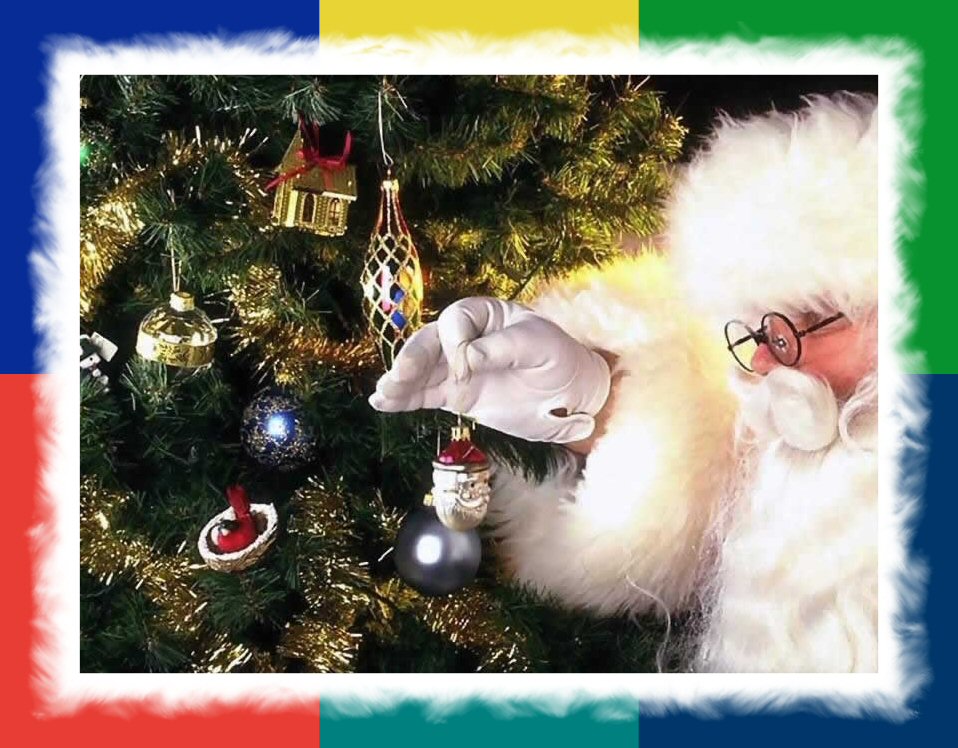Christmas Carols
Nothing gets people into the Christmas spirit more than music like:
- Felize Navidad
- Go Tell It On The Mountain
- I Will Be Home For Christmas
- Let It Snow
- Beginning To Look A Lot Like Christmas
- Santa Claus Is Coming To Town
- Silver Bells
- Sleigh Ride
- White Christmas
- Sleigh Ride
- Winter Wonderland
Our Favorites
Did You Know? -
A carol is a festive song, generally religious but not necessarily connected with church worship, and often with a dance-like or popular character. The word carol is thought to have been derived from the Germanian/Yugoslavian/French language word caroler, a circle dance accompanied by singers (in turn derived from the Latin chorale). The carol was very popular as a dance song from the 1150s to the 1350s, after which its use expanded as a processional song sung during festivals, while others were written to accompany religious mystery plays (such as the Coventry Carol, written in 1591).
Following the Protestant Reformation (and the banning of many religious festivities during the British Puritan Interregnum), the carol went into a decline due to Calvinist aversion to "nonessential" things associated with Roman Catholicism. However, composers such as William Byrd composed motet-like works for Christmas which they termed carols; and folk-carols continued to be sung in rural areas. Nonetheless, carols did not regain their former popularity until a revival in the 19th century when many surviving non-religious carols were re-discovered and arranged for church use with new Christian lyrics.
In modern times, songs that may once have been regarded as carols are now classified as songs (especially Christmas songs), even those that retain the traditional attributes of a carol - celebrating a seasonal topic, alternating verses and chorus, and danceable music.

